Amnesty urges revocation of Israeli cyber firm’s license over Pegasus spyware
Amnesty International has called on the Israeli ministry of military affairs to suspend the license of a cyber firm which was reportedly in talks with Saudi Arabia to sell super-stealth spyware to the country and amid revelations that the company’s software had been used in “a series of egregious human rights violations.”
Amnesty International Israel said in a statement that Israeli cyberarms firm NSO Group “has gone out of control.”
Sources in the Israeli ministry later said it was strict about granting licenses according to the law, and that they could not discuss the existence of NSO's license for security reasons.
Amnesty Israel rejected the response and said it intended to pursue legal action.
The development came on the heels of a report published by the Israeli English-language Haaretz daily newspaper that NSO representatives offered Pegasus 3 technology to high-profile Saudi officials back in 2017.
The report, citing a complaint filed with the Israeli police by an unnamed European businessman, noted that the Saudi officials included former intelligence chief Prince Turki al-Faisal and Nasser al-Qahtani, who presented himself as the deputy of the current intelligence chief.

The businessman insists that the Pegasus 3 affair began when he was contacted by an Israeli man dealing in cyber-defense technologies and identified only as W., who asked him to use his connections in the Persian Gulf states to help do business in the region.
During a series of meetings, Saudi officials presented a list of software they sought to obtain to hack into the phones of pro-democracy campaigners, Muslim preachers and intellectuals in Saudi Arabia and elsewhere.
In the summer of 2017, W. negotiated a deal to sell NSO's Pegasus 3 system to the Saudis for $55 million.
Despite an oral agreement with W., the European businessman says that the latter started ignoring his phone calls, when he asked for his 5-percent commission ($2.75 million). The businessman filed the complaint in April this year and has since been interrogated by the Israeli police's fraud department and contacted by income tax authorities.
Earlier this month, former US National Security Agency contractor and whistle-blower Edward Snowden said Saudi Arabia may have used software made by an Israeli cyber firm to track prominent dissident journalist Jamal Khashoggi, who was killed after visiting the kingdom’s consulate in Turkey’s largest city of Istanbul in early October.
Addressing a conference in Tel Aviv via a video call from Russia, Snowden said Pegasus spyware was used to track opponents.
“The Saudis, of course, knew that Khashoggi was going to go to the consulate, as he got an appointment. But how did they know his intention and plans?” he said.
Snowden went on to say that the smartphone of one of Khashoggi's friends, who was living in exile in Canada, had been infected with Pegasus spyware.
He said the software allowed the Saudis to collect information about Khashoggi.
“The truth is that they pursued some of his friends through a program written by the Israeli company,” Snowden pointed out.
Khashoggi was killed on October 2 after entering the Saudi consulate in Istanbul.
Once inside, he was immediately strangled and then dismembered, according to the Istanbul Prosecutor’s office.
A senior Turkish official told The Washington Post on November 2 that the slain journalist’s body was destroyed in acid on the grounds of the Saudi consulate or at the nearby residence of the Saudi consul general.
The official, speaking on the condition of anonymity, said biological evidence discovered in the diplomatic mission garden supports the theory that Khashoggi’s body was disposed of close to where he was killed and dismembered.
“Khashoggi’s body was not in need of burying,” the official was quoted as saying.
Khashoggi, a distinguished commentator on Saudi affairs who wrote for The Washington Post’s Global Opinions section, had lived in self-imposed exile in the US since September 2017, when he left Saudi Arabia over fears of the Riyadh regime’s crackdown on critical voices.
His death has subjected the Riyadh regime and Saudi Crown Prince Mohammed bin Salman to strict scrutiny.
Hatice Cengiz, the journalist's fiancée, has accused Saudi officials of a massive cover-up.
US federal immigration agents detain 5-year-old boy in Minnesota
Trump used presidency to pocket $1.4 billion in first year back in office: Report
EU divided over new Iran sanctions
China hits US with economic counteroffensive after Maduro’s abduction: Report
Ben-Gvir arms more Israeli settlers amid rising violence in West Bank
'Hands on trigger': IRGC warns US and Israel against any miscalculation
VIDEO | US and Israel’s failed terrorism
After Venezuela, Trump sets sight on Cuba for 'regime change': Report


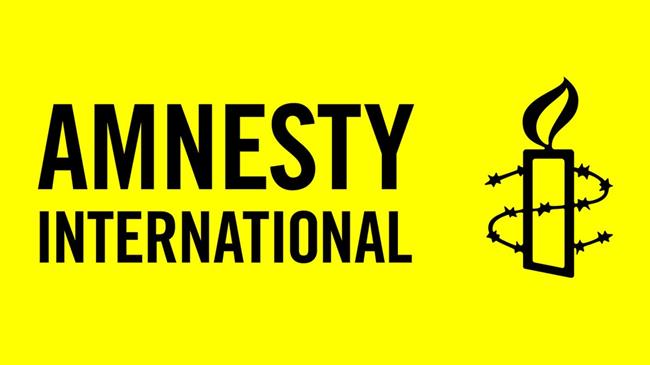


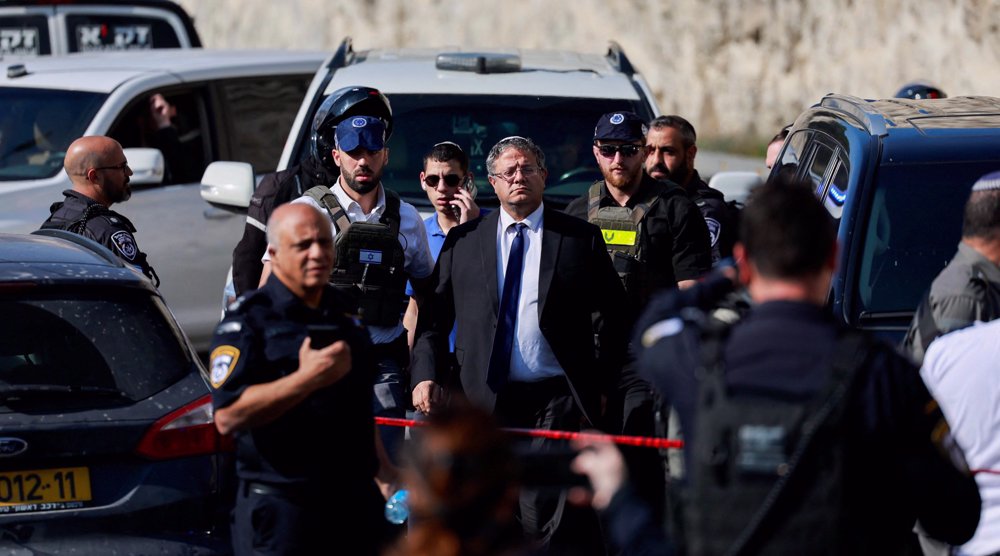







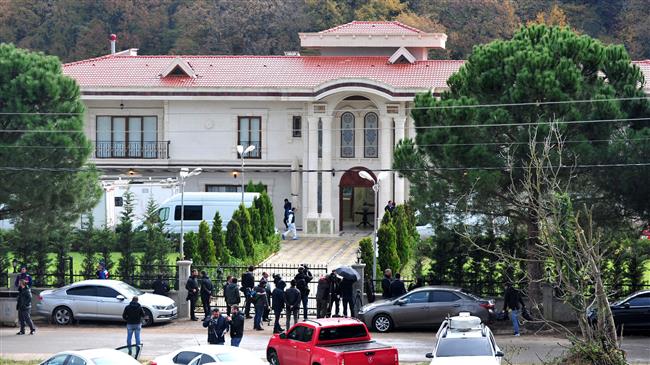


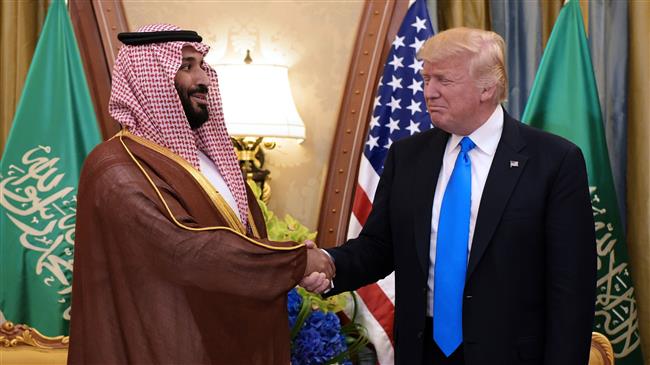
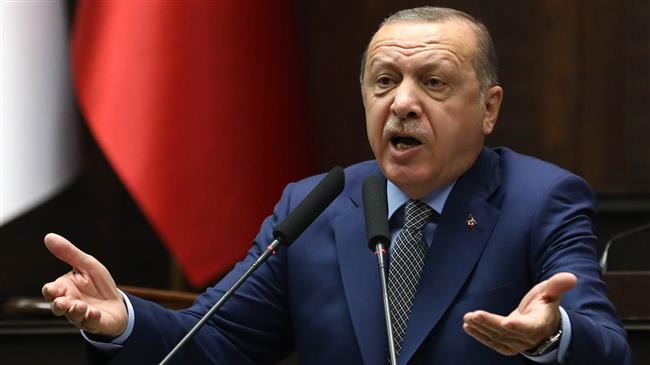


 This makes it easy to access the Press TV website
This makes it easy to access the Press TV website